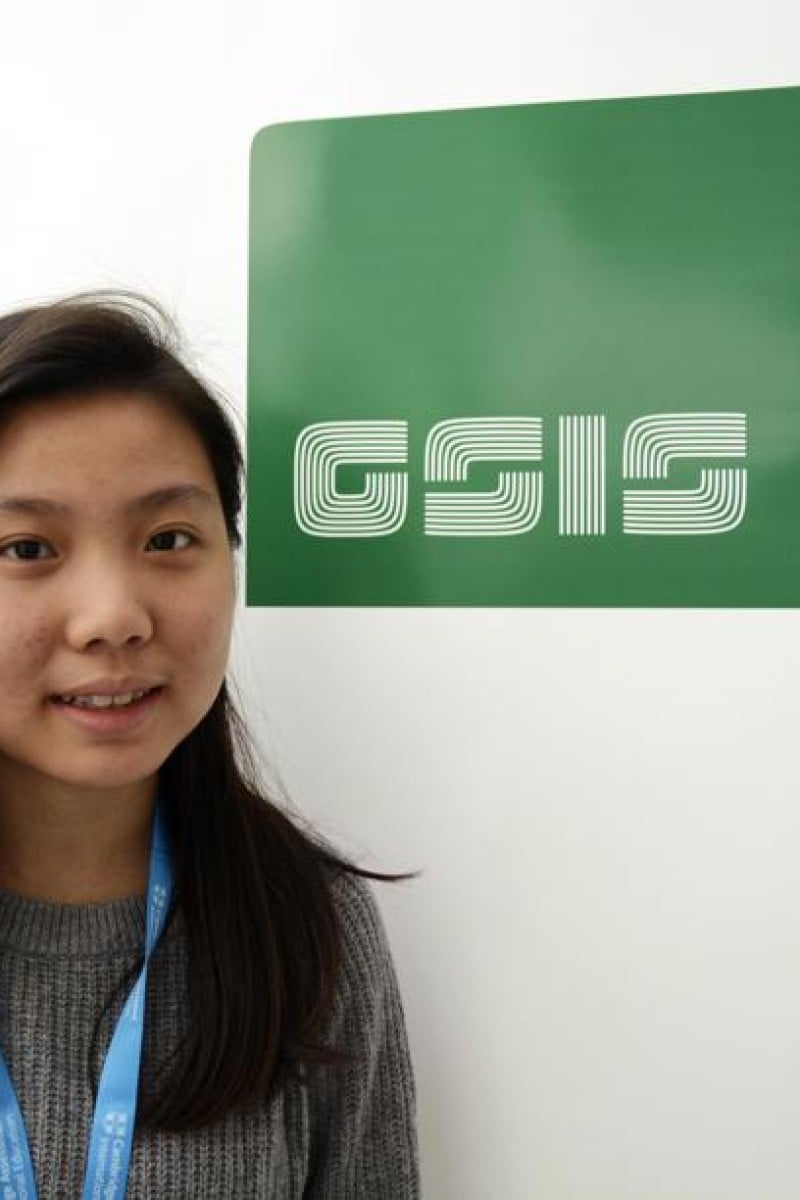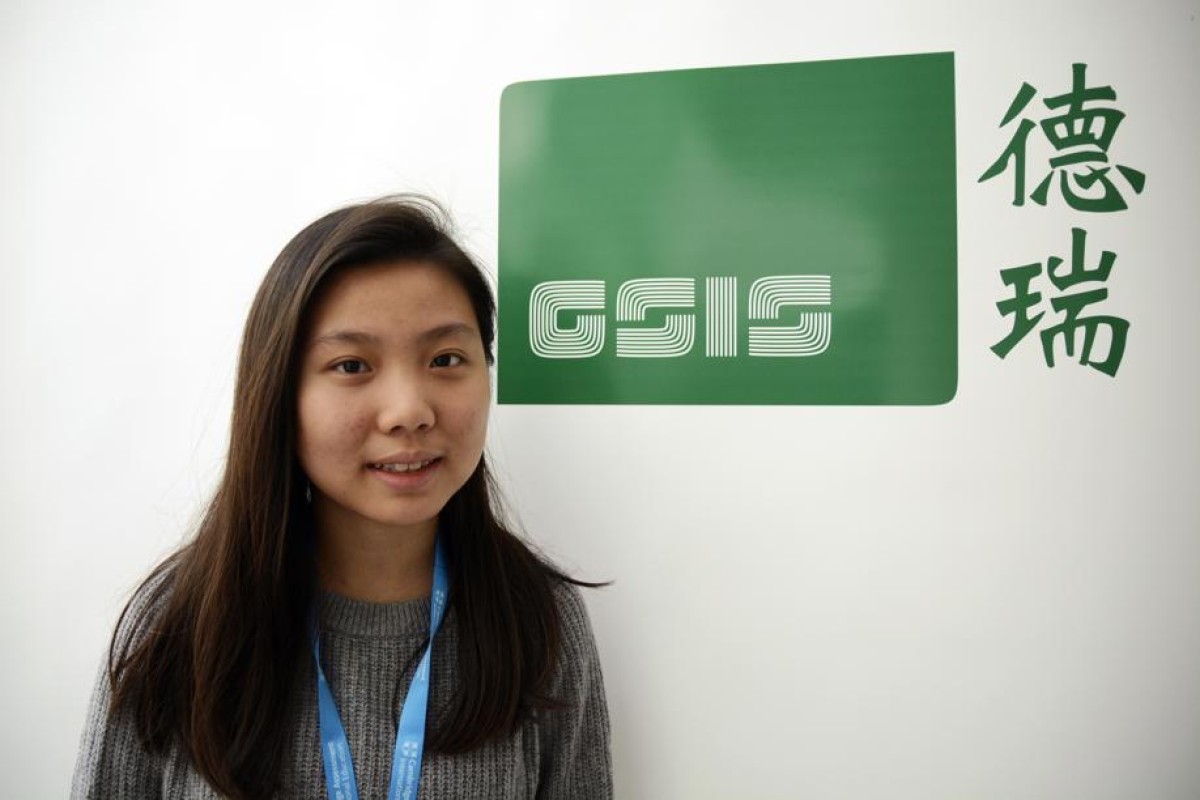
Tips on how to ace - and love - the IGCSE economics exam from GSIS's top scorer
Jocelyn Wong of German Swiss International talks about her study methods, how to ace the test, and her love of the subject
 Jocelyn says economics isn't just a subject, but helps you understand the world.
Jocelyn says economics isn't just a subject, but helps you understand the world.Most of us read the news to keep ourselves informed; but for student economists like Jocelyn Wong Tsz-ching, every piece of news is a reflection of certain concepts and theories.
The 17-year-old German Swiss International School student was named the top scorer in Hong Kong for this year’s Cambridge International General Certificate of Secondary Education Economics on November 11.
“I think the best thing about economics is that it’s different from the hard sciences, which you see all around you,” Jocelyn said.
“Economics helps you understand better what’s going around the world. When you see new legislation or some new laws passed, you can easily link it back to the purpose, [such as] why the government did that in order to achieve certain economic objectives."
Jocelyn finds that observing the connections between economic studies and real-life events reinforces her love for the subject. It also is the basis of her advice for fellow young economists:“Read the news regularly”. Developing a news-reading habit, she said, will be useful to anyone studying economics for IGCSE or IB, because they’ll have more examples to use when answering long, structured essay questions.
However, having informed ideas does not guarantee exam success. Jocelyn said it is equally important to effectively and strategically present those ideas – and the only way to have this is to practise.
“I tried to do at least eight years’ worth of past papers, and that really helped,” she said.
“By looking at the marking scheme, you familiarise yourself with the approaches and answers that the exam board is looking for.”
She warned students about falling into the trap of starting their preparation too late. “It might sound clichéd, but it’s important that you start about six months before the exam,” Jocelyn said, noting that the syllabus is long and takes a long time to fully grasp.
“Make sure you actually have a clear understanding of everything, because in the actual exam you’re supposed to apply your knowledge, not just restate definitions and memorise concepts. The questions can be based on different scenarios.”
Jocelyn added that early preparation is especially crucial for economics which, in most schools, is not included as a subject choice until Year 10.
“Initially the concepts and terms can feel quite new, since they’re very different from those in other subjects,” she said, adding that the calculations in economics are particularly challenging.
“Sometimes it gets a bit confusing when you encounter figures and have to decide which ones to use for the question,” Jocelyn explained. She encouraged YP readers to be prudent with their selection and think carefully about what each figure means.
While hard work is essential if you want to do well in your exam, Jocelyn also added that “it’s important not to stress too much.”
“You need to actually like the subject and enjoy what you’re doing,” she said, warning that too much stress could cause you to dislike a subject you used to enjoy.
To avoid being overwhelmed by exam stress, Jocelyn recommended “leaving time for leisure activities, so that you calm down.” Overall, the less stressed you are, the better you will perform.
